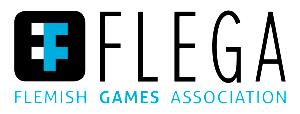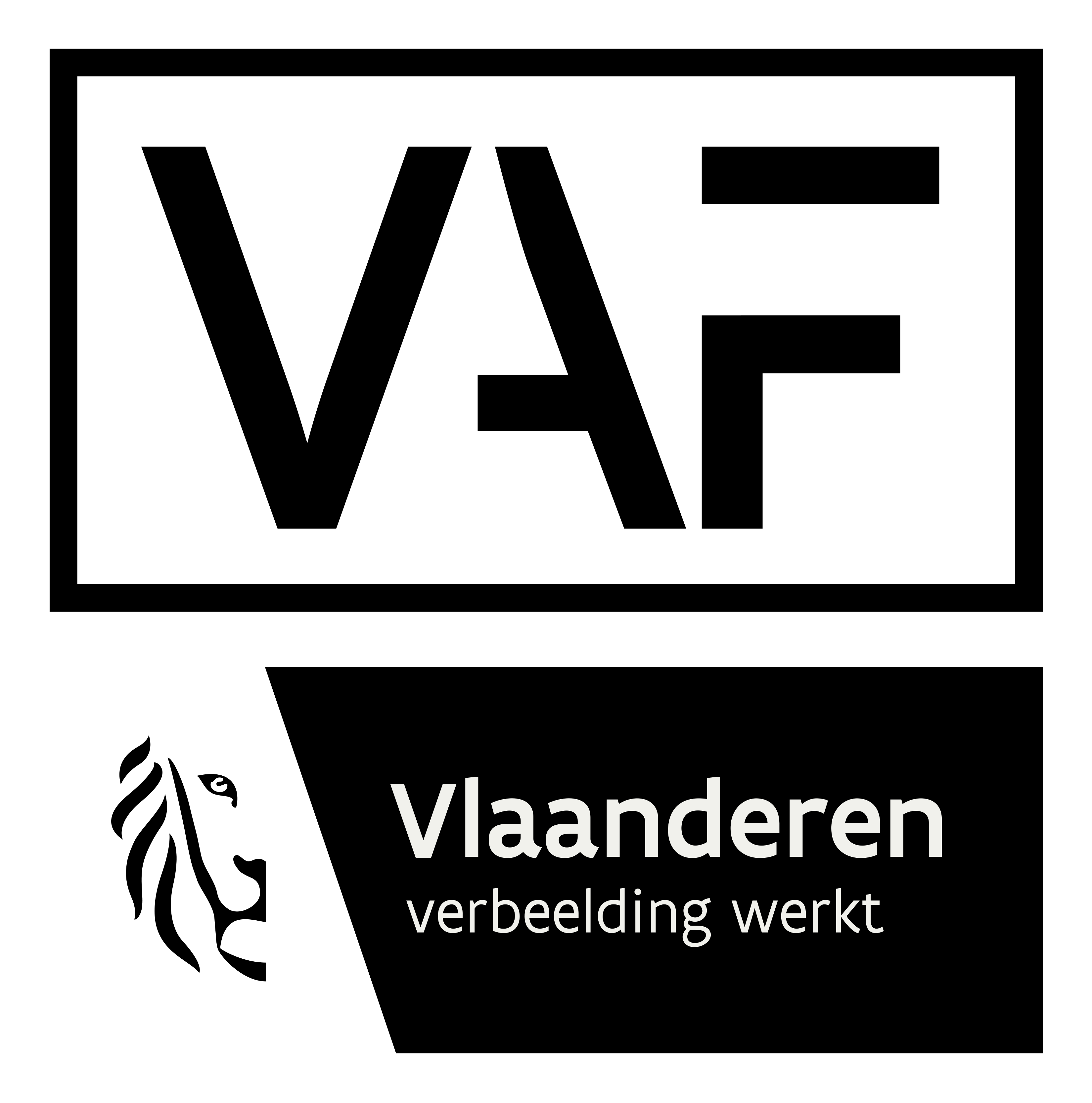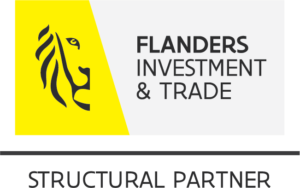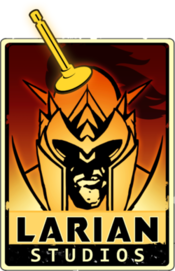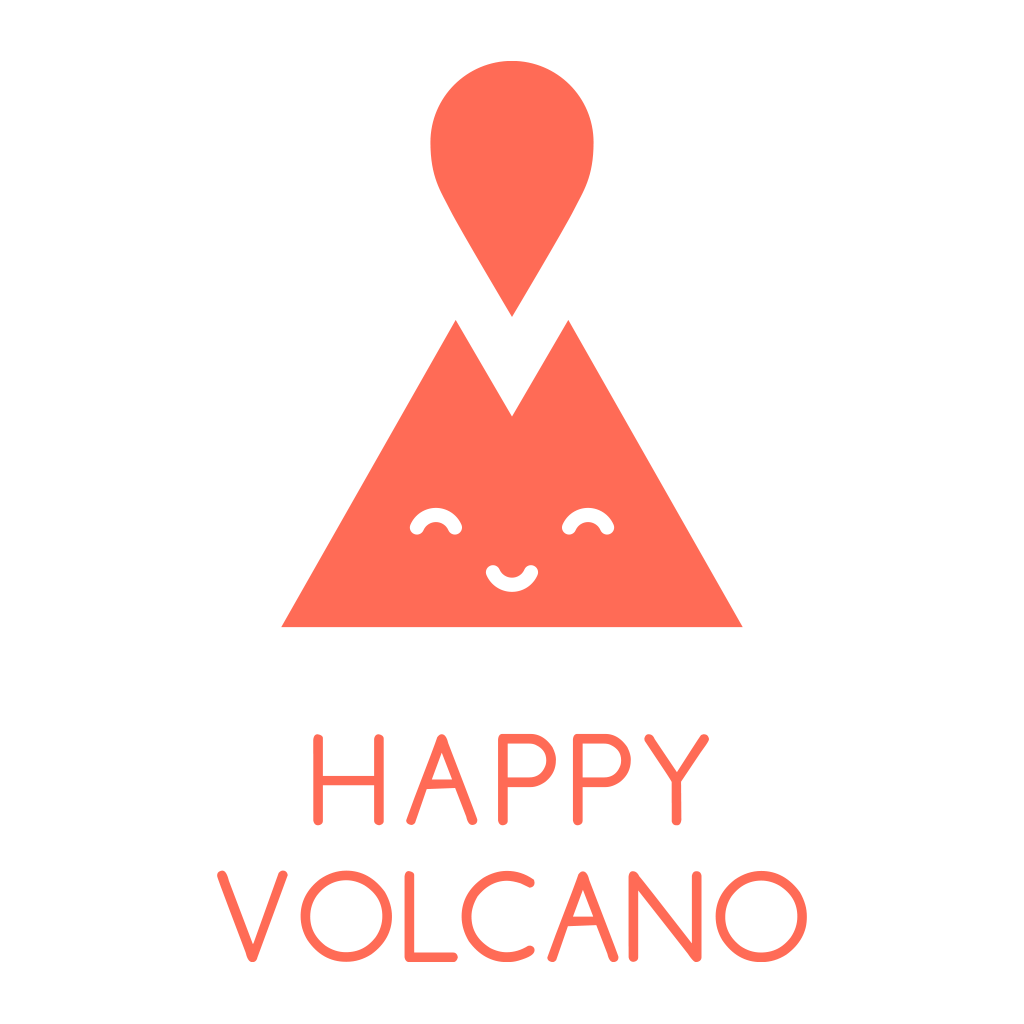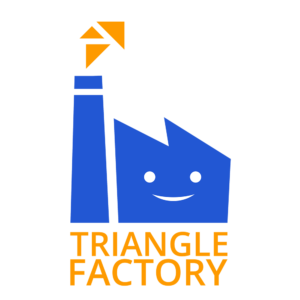If you woke up this morning wondering “what’s Mantis Games up to these days?”, this will be just the blog for you! Also, you might be a psychic. Whatever the case, we recently caught up with the studio’s producer Philippe Mesotten to tell us about what the team’s currently working on and what’s in store for the future.
As you can see in the above show reel, the five man team that previously released the award-winning VR narrative adventure Journey for Elysium, aims to strike a healthy balance between work for hire projects and new IP. Last year, they received funding to start pre-production on Deck of Haunts, but they keep their VR chops in shape by working on Astro Harvest.
Enquiring about the current status of that title Mesotten explains the team is working on a demo which will be set free in the wild to gauge interest and get feedback. Learning what the public thinks about the project will be interesting, but the team also wants to use the demo as a jumping off point to chat up potential investors for continued production. For what it’s worth: what we’ve seen so far looks outrageously fun.
Even though they’re not a huge outfit, Mantis Games has a range of core skills that are useful for any game developer. They have experience developing in both Unity and Unreal Engine and have released a range of asset packs for either engine. Apart from that, you can also get in touch if you need help with custom 3D asset creation, concept art, environment art, sound or programming.
As previously mentioned, the most recent output was knocking out the Stadia ports for Epistory and Nanotale for Fishing Cactus. With two Stadia projects under their belts, the studio is familiar with the process and expectations of Google. Mesotten: “Every project is different, but overall porting to Stadia is quite a lot of work. For one, there’s a lot of administration involved. You need to reach out to Google’s developers in order to get the correct Stadia libraries if you want to use a plugin. Google’s also very strict about certification, resulting in a long list of prerequisites.”
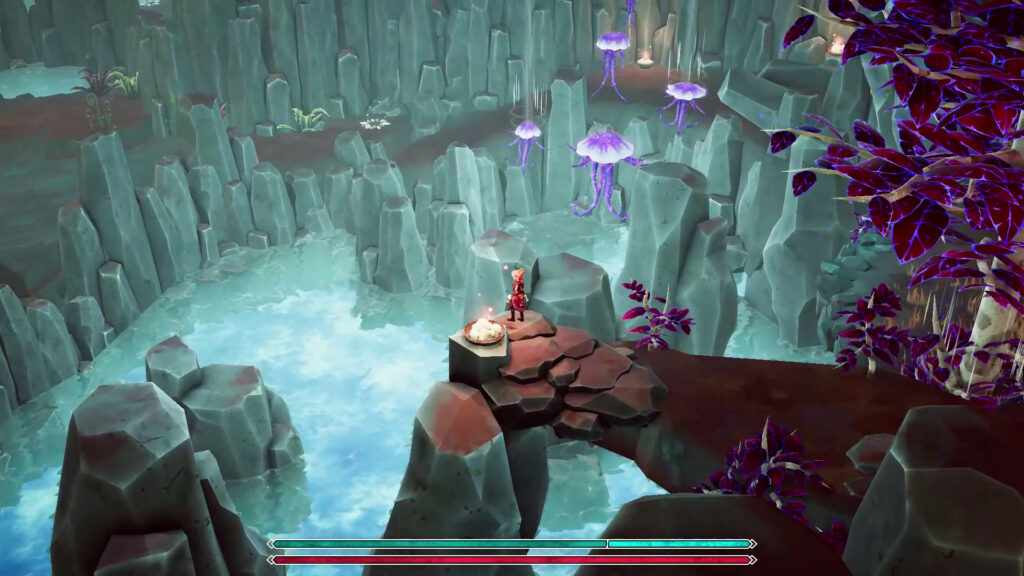
While Mantis doesn’t want to brand itself as a Stadia port expert per se, Mesotten believes it’s a worthwhile skill to have as a studio. “Since Google has pulled the plug on in-house development projects, there’s only going to be more space for other games. And if you work with us, you won’t lose any valuable time figuring out the basics.”
